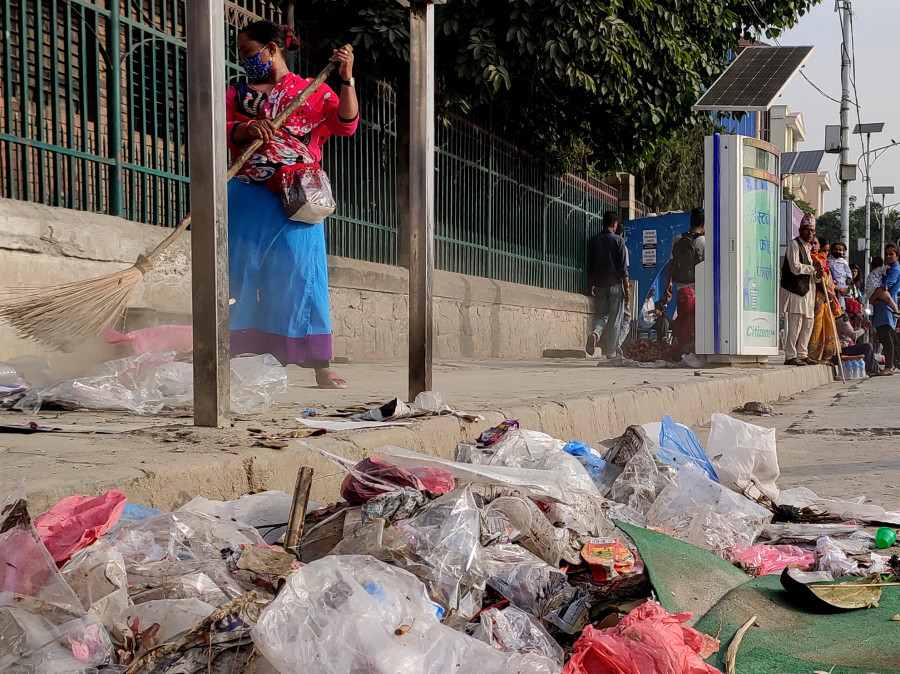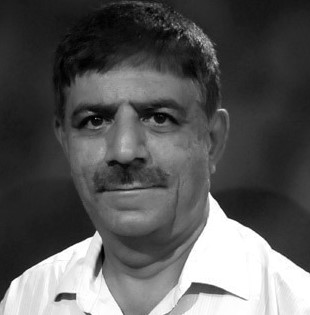Columns
Why we need civic sense
A great deal of effort is required to instil civic sense in the formative years of life.
Amin Valliani
Once I was travelling on a public bus. The gentleman sitting next to me had a bunch of bananas in his hand. He would take a banana, remove the peel, throw it on the main road and start eating the fruit. I was shocked by his act of throwing banana peels on the main road, knowing that it might cause an accident, particularly for pedestrians.
Such incidents indicate that many people in our society lack civic sense. Civic sense means social ethics. It connotes one’s responsibility and mindfulness towards society. However, a question that confronts us relates to the continuing decline of civic sense in our society. Every day, we observe people losing their temper over trivial things and starting fights. People may live in costly apartments in posh localities with all the amenities of modern living, but are least bothered about the building’s cleanliness. The stair and floors are littered with red marks, signalling that the residents chew paan and spit on the walls.
The water tank on the building’s rooftop remains uncleaned for years. The residents often throw trash outside their apartments, while there is constant bickering over parking spots. This is what society has come down to.
Besides, vandalism, hoarding, intolerance, road rage, etc, are all examples of lack of civic sense in society. The current state of public places is very disheartening. Roads are not dirty because nobody cleans them; they are strewn with garbage because we throw our rubbish on them. We may constantly complain about the lack of sanitation in our cities, but the fact is that we contribute to such conditions by littering in the first place, and complain when no one picks up our mess. Dengue, among other diseases, has spread across the country because of the absence of hygiene.
During rains, most of our roads clog up as the sewers and drains are blocked, causing major disruptions in everyday life. But still we blame the government for not cleaning the drains, though it is we who throw garbage on roads and into drains, which end up getting clogged.
Similarly, on Eidul Azha, many people sacrifice their animals openly on the roads, streets, footpaths and other places. Following the sacrifice, bloodstains and the remains of animals are seen on the roads for days, creating highly unhygienic conditions. It is disheartening to witness the disregard for cleanliness and public health during this period. Many individuals, instead of properly disposing of the offal, choose to throw it haphazardly on the streets, sidewalks and even in the drains. This not only creates an unpleasant stench but also attracts stray animals, pests and flies, thus exacerbating the risk of diseases and contamination.
These are only a few examples of the lack of civic sense, which is fundamental for a peaceful and healthy society. No one is born with civic sense; it is imparted in the family. A child has the ability to speak, but words and languages are taught by the adults in the family. Similarly, civic sense too has to be taught and inculcated in children in the family environment, which is further strengthened through formal school education.
Civic sense is all about the unspoken norms of society. It comes from a sense of belonging which creates pride and a sense of ownership. A great deal of effort is required to instill civic sense in the formative years of life. Therefore, we must instill civic sense among the younger generation until it becomes second nature to them if we want our children to have a better tomorrow. It is not just about keeping
the homes, roads, streets and public property clean. It also has to do with abiding by the law, respecting others’ points of view, etiquette, maintaining decorum in public places, and working together as a united nation.
Civic sense also includes being polite, showing consideration to the elderly, women, children and the disabled, driving in one lane without honking, throwing one’s garbage in dustbins and smoking only at designated places. The list goes on.
The teachings of Islam are extremely emphatic that one should not harm his fellow beings but care for others’ feelings and interests. Allah says that you should not forget “liberality between yourselves. For Allah sees well all that ye do” (2:237). Similarly, the Holy Prophet (PBUH) apparently said: “Khairun naas mai’n yanfaun naas” (The best among you is the one who benefits people).
In short, civic sense demands that one must feel for others. One must not be a callous person. One should live without disturbing others whether it is in the home, school, office, or any other place. No one is born civilised. It is a lifelong struggle that makes one civilised. Therefore, we ought to learn to be good citizens.
- Dawn (Pakistan)/ANN




 14.24°C Kathmandu
14.24°C Kathmandu















